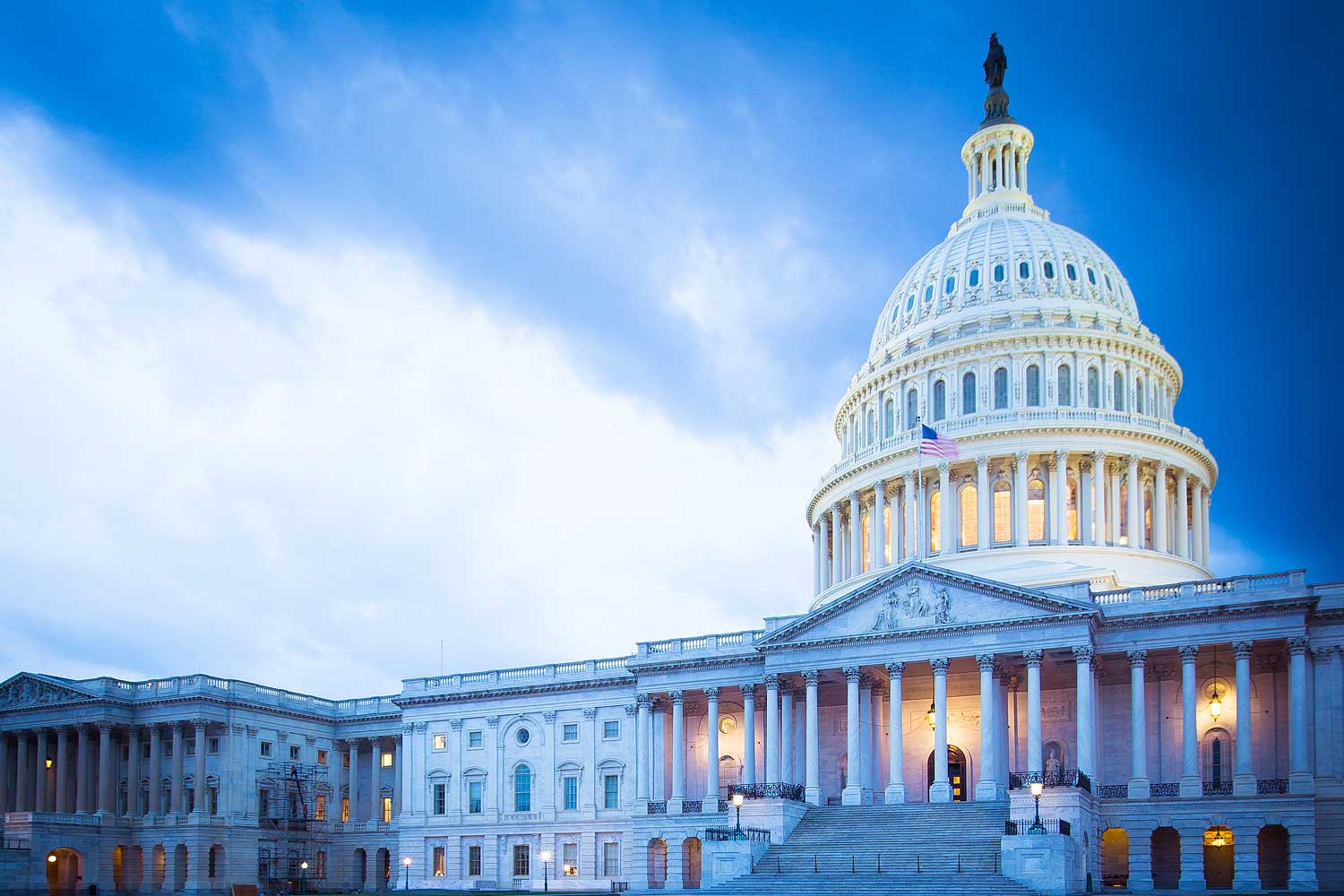On September 13, 2021, the House Ways and Means Committee released their proposed tax legislation for action by the full House. The following are the major points from that legislation. This is all subject to change as it moves through the House. So, there is nothing written in stone yet.
What the Bill Does NOT do
- Does NOT eliminate 1031 like-kind exchanges.
- Does NOT eliminate Bonus Depreciation. Though Bonus Depreciation is scheduled already to start phasing out after 2022.
- Does NOT eliminate the basis step up at death.
- Does NOT impose an income tax at death on the appreciation of a decedent’s estate.
Individual Taxpayers
- Increases the maximum Long Term Capital Gains rate from 20% to 25% for gains recognized after September 13, 2021. Gains recognized after September 13 where there was a binding contract in place prior to that date would be subject to the 20% rate.
- Increases the tax rate on ordinary income from 37% to 39.6%.
- The 3.8% Net Investment Income Tax (NIIT) would be applied to all K-1 income not already subjected to self-employment tax. The NIIT was previously not applied to income from an active business.
- Apply a surcharge tax of 3% on individuals with greater than $5 million modified adjusted gross income (this is income with some adjustments and before itemized deductions such as charity). Effective January 1, 2022.
- With all the tax increases, the effective federal rate on business income from a K-1 for a taxpayer with high income will go from 37% to 39.6% plus 3.8% NIIT for a total of 43.4%. For those with over $5 million of adjusted gross income, the tax rate will increase from 37% to 39.6% + 3.8% NIIT + 3% surcharge for a total of 46.4%.
- Limits the business losses a taxpayer may claim on their return to $500,000 for a joint return. Excess losses are carried over to the next year. Effective for 2021 and thereafter. This provision was created as part of the Trump Tax Act in 2017 and applied to 2018. This was suspended for 2020 and 2021 as part of the Corona relief in the Cares Act.
- Limits the Qualified Business Income (QBI) deduction to $500,000 for a joint return, with lower caps for other filing statuses. Effective January 1, 2022.
- Limits Sec. 1202 75% and 100% gain exclusions on sales of qualified stock to individual taxpayers with adjusted gross income of less than $400,000. The original 50% gain exclusion is still available for all taxpayers.
Corporate Rate
The maximum corporate tax rate would increase from 21% to 26.5%. Instead of having a flat rate of 21%, corporations would be subject according to the following brackets:
- 18% on income up to $400,000
- 21% on income from $400,000 to $5,000,000
- 26.5% on income over $5,000,000.
- In case of a corporation with income over $10,000,000, an additional tax of the lesser of 3% of the excess or $287,000.
Estate and Gift Tax
- The draft proposal does not eliminate the basis step up at death and does not impose an income tax on appreciated assets as was included in prior proposals.
- Decrease exemption to $5,000,000 (indexed for inflation), effective January 1, 2022. The exemption could be about $6.2 million in 2022.
- Includes in the Grantor’s estate the assets of a Grantor trust for any trust created on or after date of enactment, and any portion of a pre-enactment trust which is attributable to a contribution made after the date of enactment, effective on the date of enactment.
- Sales or exchanges between the grantor and a grantor trust would no longer be disregarded for income tax purposes, effective on the date of enactment.
Contact our tax and advisory team today!

